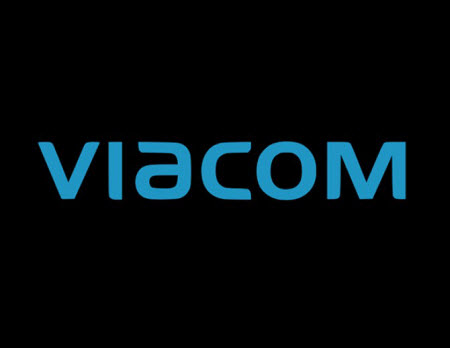Viacom Stock Rises on Restructuring
The smarter way to stay on top of the multichannel video marketplace. Sign up below.
You are now subscribed
Your newsletter sign-up was successful

Viacom stock rose more than 6% on Thursday after CEO Bob Bakish pulled the cover off a new plan to focus on six core brands and drive future profitability.
Bakish, who was named permanent CEO in December after a bloody battle between his predecessor Philippe Dauman and Viacom’s top shareholder Sumner Redstone, unveiled a five-point plan to bring the troubled programmer back to profitability.
Despite some trepidation from analysts, investors appeared to cheer the new direction in early trading; driving Viacom shares up by more than 6% ($2.93 each) to $45 per share. The stock was priced at $43.95, up 4.5% ($1.88 per share) at around 11:05 a.m. Thursday.
Bakish offered some more details of the plan on a conference call with analysts to discuss fiscal Q1 results, where revenue increased by 3% for the period but operating income fell 11%. On the call, EVP and chief financial officer Wade Davissaid while the new direction could start to show some concrete results as son as the second half of the fiscal year.
That will likely be in the form of higher affiliate fees. While affiliate revenue was up about 2% in the quarter, Davis said guidance for the full year is in the mid-to-high single digit range.
Bakish said that some aspects of the plan will take some time. For instance, Viacom’s “Flagship 6” networks will be required to contribute one-to-two co-branded films to the Paramount slate each year, which could take two or more years. He added that the Nickelodeon network already has some properties in the pipeline – the first film, an animated feature called Amusement Park will hit theaters in 2018, followed by a TV series the following year.
Bakish stressed that while Viacom will focus on the Flagship 6 brands, that doesn’t mean the other channels are going away.
The smarter way to stay on top of the multichannel video marketplace. Sign up below.
Bakish said that Viacom’s other networks, like VH1 and Logo, still have prospects going forward, just not global prospects. But he stressed that the changes don’t mean these channels are going to disappear.
“You should not interpret this as a light-switch move of a whole bunch of networks going away,” Bakish said. “That is not what this is about. This is about focusing resources to drive the highest possible performance of these Flagship 6 brands.”
And the core networks will undergo some changes as well. Bakish said that MTV will invest more in reality programming like its U.K. counterpart. And other networks will see some changes too.
For example Comedy Central will expand into the festival space in the U.S. through a partnership with Superfly, the same company behind the annual Bonnaroo Music And Arts Festival. And Bakish added that Spike – slated to be rebranded The Paramount Network in 2018 – will take advantage of potential growth opportunities for its Bellator mixed-martial arts programming.
Viacom also sees opportunities with virtual MVPDs like Amazon, Hulu and Sony PlayStation Vue, especially in packages that deemphasize sports programming.
“The Flagship 6 is essentially the strongest entertainment pack that you could get in the market, bec you have preschool, kids, young adults, comedy, African American and you’re going to have a marquee general entertainment network. That is a very significant cornerstone. I believe that ultimately the market will embrace that.”
